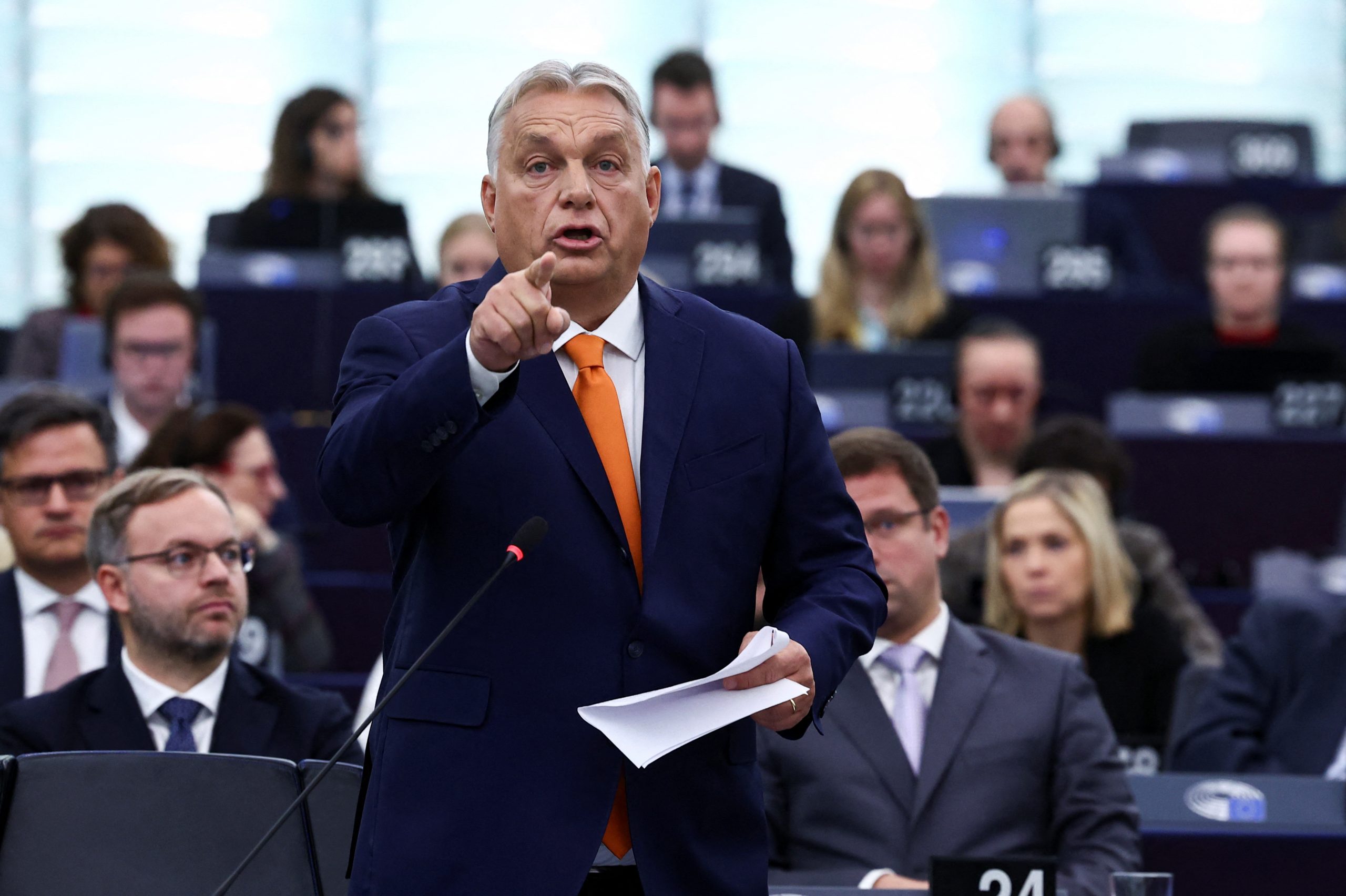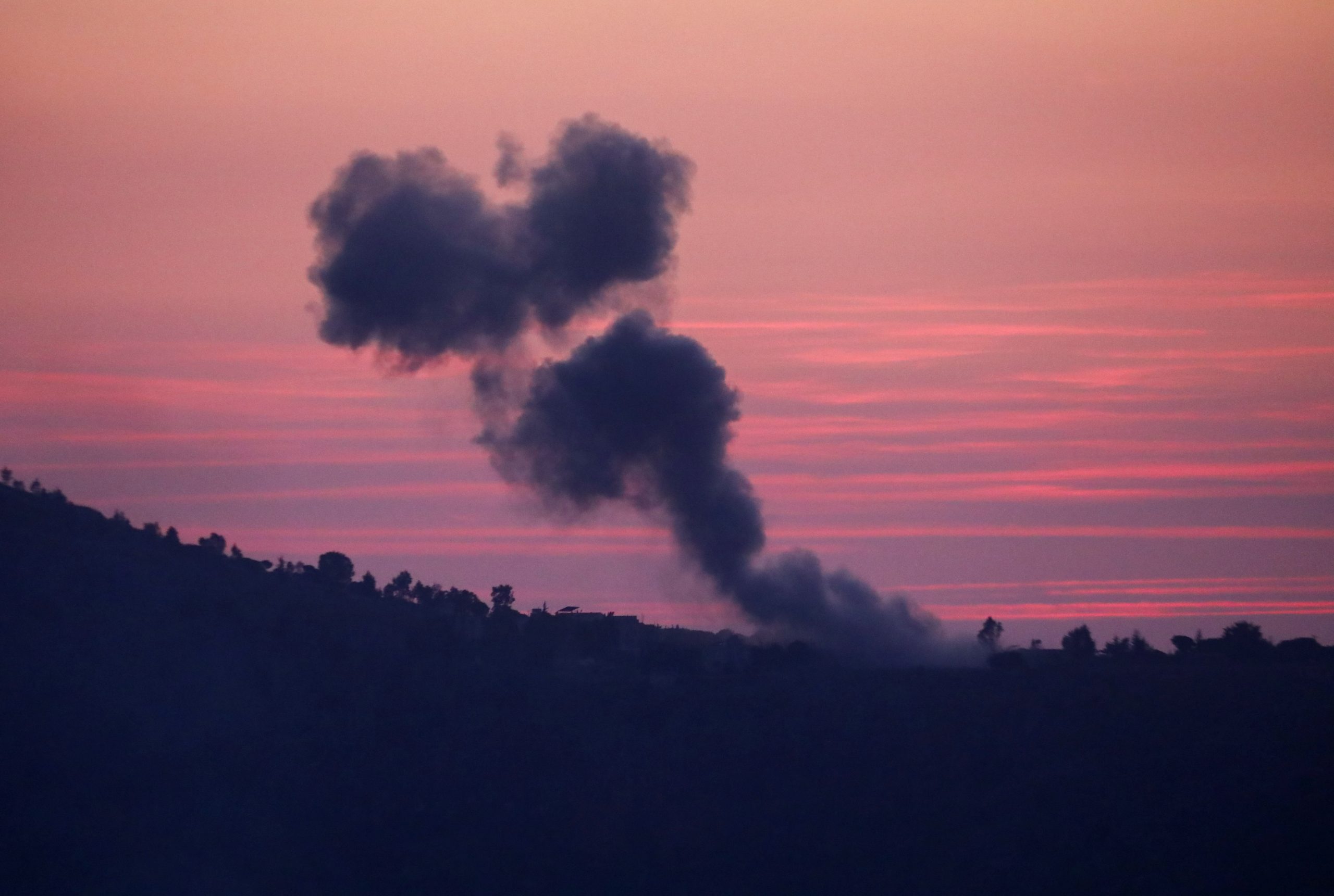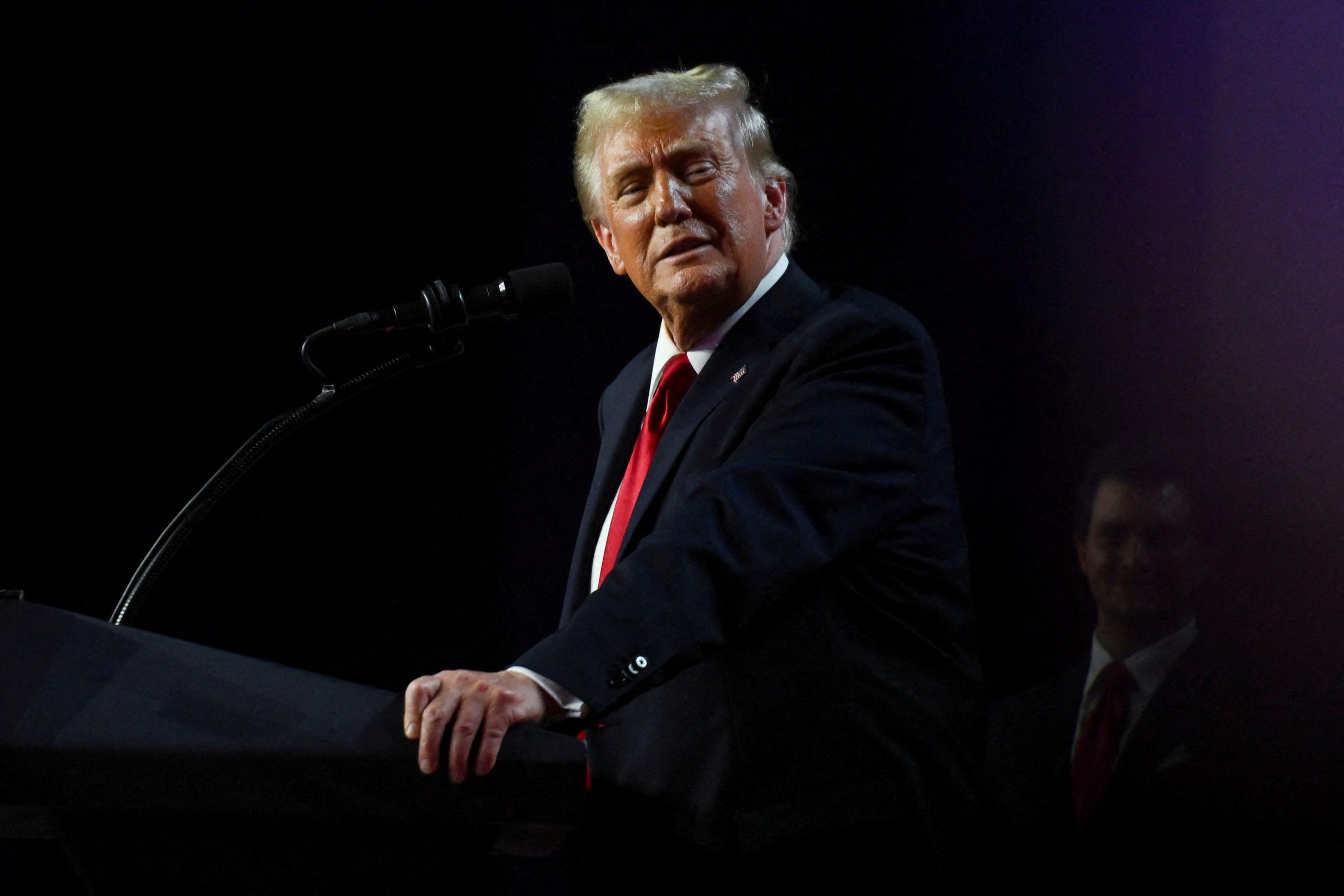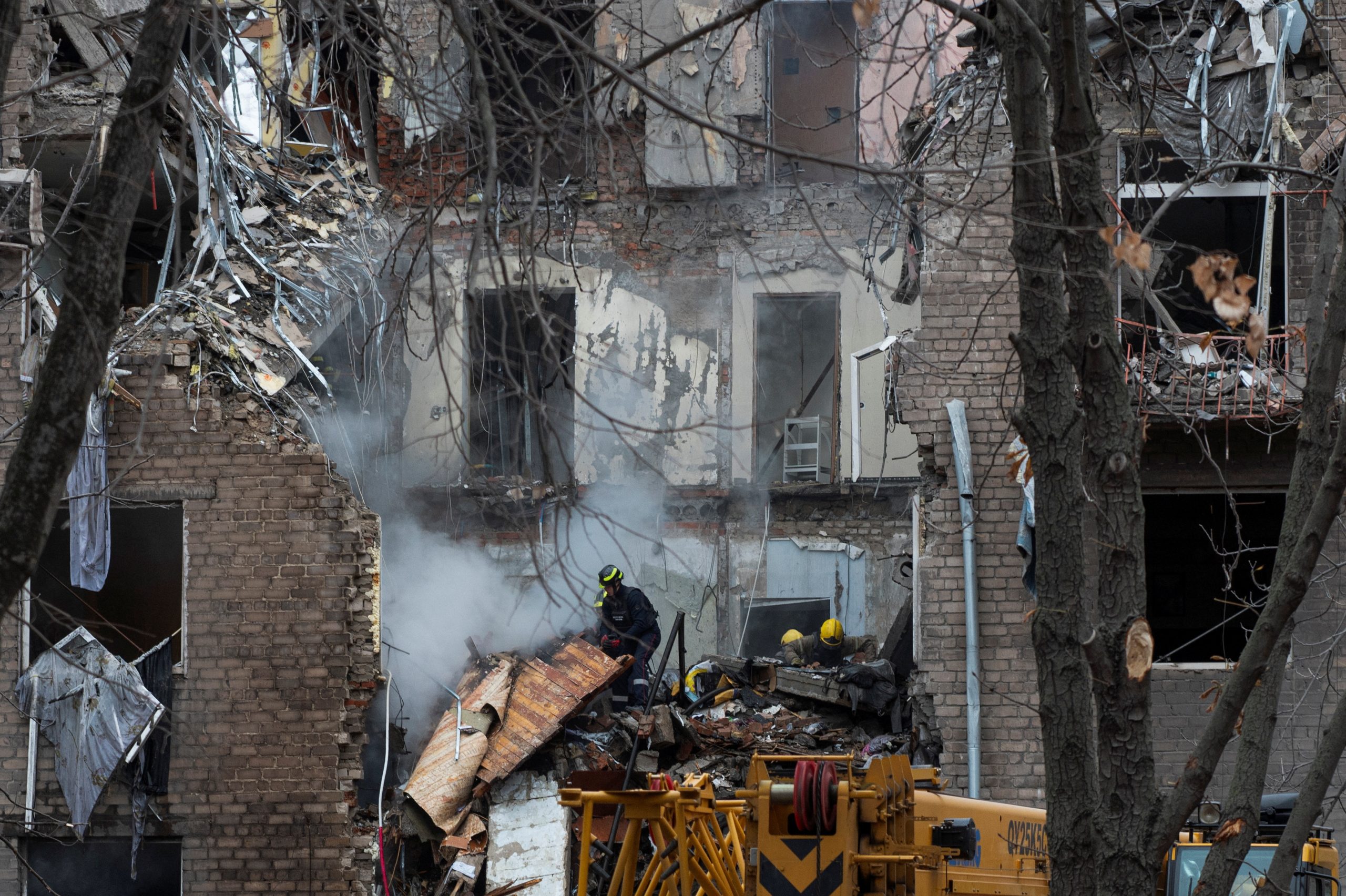Hungary faces a rising wave of backlash as its Foreign Minister Péter Szijjártó prepares to attend the Minsk International Conference on Eurasian Security — an event gathering senior officials from Russia, Belarus, and Syria. The summit, which many view as an affront to European and NATO principles, has drawn harsh criticism from both current and former European officials, raising questions about Hungary’s loyalties amid Russia’s ongoing aggression against Ukraine.
The announcement sent shockwaves through Europe, with politicians calling out Hungary’s involvement in the forum, seen by many as a strategic counter to the West’s Munich Security Conference. French MEP Nathalie Loiseau voiced her anger, stating, “The Hungarian government never wastes an opportunity to shame us.” She condemned the move as a disregard for European solidarity, especially as Hungary stands with NATO yet increasingly courts Moscow.
“Crossing Boundaries”: EU Officials Sound the Alarm
Among the chorus of voices denouncing Hungary’s attendance, Camille Grand, a former NATO assistant secretary-general, remarked, “In French, we say ‘when you cross boundaries, there are no limits,’” calling Hungary’s latest step “extremely troubling.” The sentiment was echoed by Estonian Parliament’s Foreign Affairs Chair Marko Mihkelson, who pointedly asked, “How long more?” as he questioned the tolerance for Hungary’s overt alignment with Russia.
The upcoming Minsk summit, scheduled for October 31, is a venue Hungary has attended frequently, signaling a diplomatic departure from other EU and NATO countries that have imposed stringent sanctions on Russia for its invasion of Ukraine. Prime Minister Viktor Orbán’s administration, however, has maintained close ties with Russian President Vladimir Putin, sending mixed signals to allies while emphasizing Hungary’s energy dependence on Moscow.
A Familiar Pattern: Hungary’s Growing Isolation in the EU
Szijjártó’s attendance at the Minsk conference marks just one of many recent visits by Hungarian officials to Moscow, St. Petersburg, and Minsk, sparking growing discomfort in Brussels. Hungary’s willingness to engage openly with Russia, despite EU efforts to isolate Moscow, has strained relationships with its European neighbors. Critics argue that Orbán’s government has continuously defied collective EU and NATO stances, creating a rift that threatens to widen as Hungary engages with authoritarian regimes.
This divisive stance has created political waves beyond Hungary’s borders. French, Estonian, and other European politicians argue that by cozying up to Russia, Hungary risks not only its reputation but the unity of the EU’s foreign policy at a time when cohesion is critical. NATO, too, faces a dilemma, as one of its own member states signals what some perceive as sympathy for the Kremlin’s agenda.
What’s Next for Hungary and the EU?
With criticism mounting, the EU now finds itself in a difficult position: How to address a member state that seems to reject the union’s core security principles. While Hungary’s government insists it is acting in Hungary’s best interest, voices within the EU call for stronger repercussions against Budapest, potentially in the form of sanctions or other diplomatic pressure.
As Hungary continues to straddle two sides, Europe faces a question that grows louder with each passing act of defiance: Will the bloc tolerate Budapest’s overtures toward Moscow, or will leaders take decisive action to reaffirm their unified stance against aggression?
Sources for this article include statements from Nathalie Loiseau, Camille Grand, and Marko Mihkelson on Hungary’s engagement with Russia, Belarus, and Syria.
















